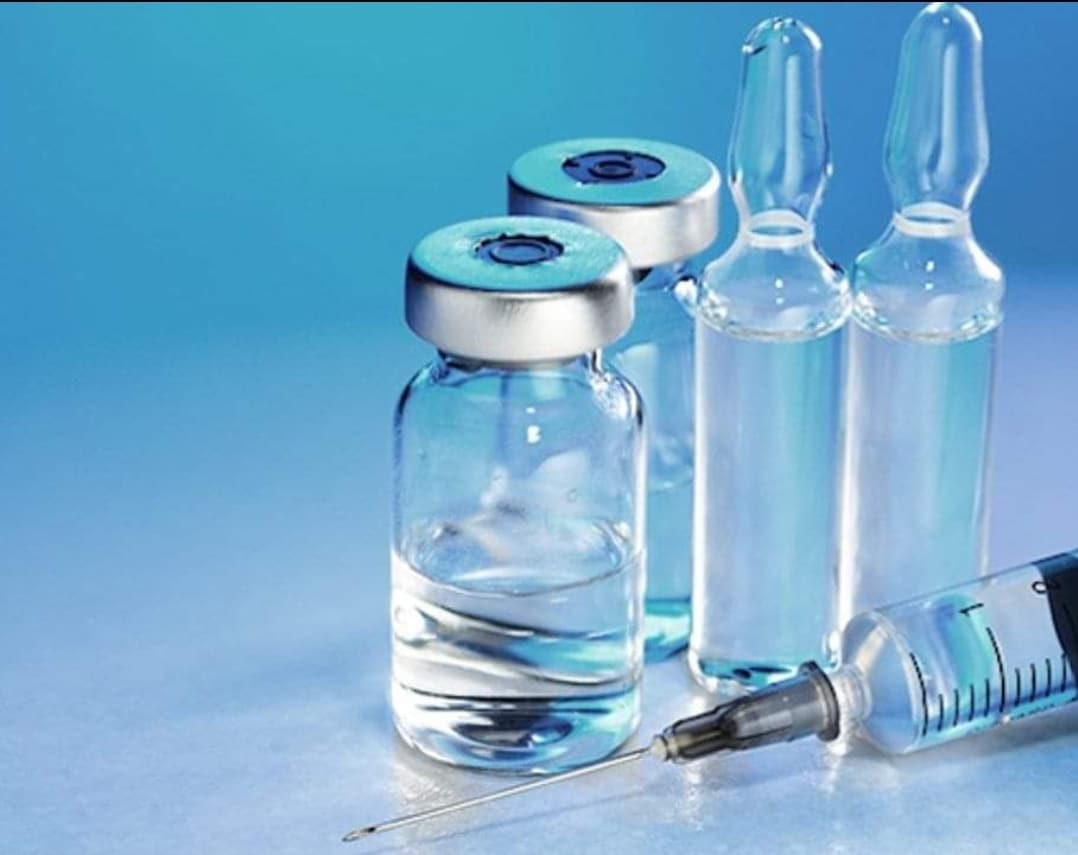USP Residual Volume Testing in Syringes
The United States Pharmacopeia (USP) Residual Volume Testing is a critical procedure designed to ensure that syringes used for the administration of injectable and parenteral products do not retain excessive amounts of fluid. This test is essential because even small volumes of residual liquid can lead to significant inaccuracies in dosage, which could have serious implications for patient health.
Residual volume testing falls under the broader category of USP PN testing, a set of standards that governs the quality and safety of parenteral pharmaceutical products. The primary objective is to verify that syringes meet the specified limits regarding the amount of liquid they can retain after being used. This ensures that the correct dosage is delivered every time, maintaining consistency in patient care.
During this testing process, a calibrated syringe is filled with an appropriate volume of water or another suitable solvent and then squeezed to expel all but a small quantity of fluid. The residual volume is measured, and if it exceeds acceptable limits as defined by USP guidelines, the syringe fails the test.
The importance of this testing cannot be overstated. Inaccuracies in dosage can lead to underdosing or overdosing, which may result in ineffective treatment or adverse side effects. For instance, in the case of insulin injections, even a slight deviation from the prescribed dose could have severe consequences for the patient's health.
The USP specifies that residual volume should not exceed 20 μL (microliters) for syringes with volumes up to and including 1 mL. For larger capacity syringes, such as those used in hospital settings, the limit increases but remains within a safe range to ensure reliable dosing.
Compliance with these standards is not just about meeting regulatory requirements; it also reflects a commitment to patient safety and quality care. Many pharmaceutical companies rely on independent laboratories like Eurolab for their testing needs because of our expertise in this area.
- Accurate results: Our state-of-the-art equipment ensures precise measurements every time.
- Consistent performance: We use standardized procedures that are adhered to rigorously.
- Comprehensive support: Eurolab provides not just testing but also consultation on best practices and regulatory updates.
In summary, USP residual volume testing in syringes is an integral part of ensuring the quality and safety of injectable products. By adhering to these stringent standards, healthcare providers can trust that they are delivering consistent and accurate doses, ultimately enhancing patient outcomes.
Eurolab Advantages
EuroLab prides itself on being a leading provider of pharmaceutical testing services, including USP residual volume testing in syringes. Our expertise lies not only in the technical execution but also in our commitment to delivering exceptional service and support.
- Experienced Professionals: Our team consists of highly skilled scientists and engineers who are well-versed in the latest pharmaceutical testing techniques.
- State-of-the-Art Facilities: Equipped with advanced instrumentation, our labs ensure accurate and reliable test results.
- Comprehensive Services: We offer a full range of pharmaceutical testing services to meet all your quality control needs.
- Dedicated Support: Our clients benefit from personalized service and access to expert advice whenever they need it.
At EuroLab, we understand the importance of compliance with international standards such as USP. We ensure that our testing procedures align strictly with these guidelines, providing peace of mind for our clients. Whether you are a quality manager, compliance officer, or R&D engineer, working with Eurolab means accessing top-tier expertise and unwavering support.
Use Cases and Application Examples
The application of USP residual volume testing in syringes is wide-ranging and includes various scenarios where precision dosing is critical. For instance, in clinical trials, ensuring that the correct dosage is administered to patients is paramount for accurate results. Similarly, in hospital settings, where multiple syringes are used daily, consistent performance is essential.
Another use case involves the manufacturing of parenteral products like insulin and vaccines. In these cases, even small variations in dose can have significant effects on patient outcomes. By adhering to strict testing procedures, manufacturers can ensure that their products meet the highest standards of quality and safety.
A real-world example would be a manufacturer of insulin syringes who uses USP residual volume testing to verify that each batch meets the specified limits. This ensures that patients receive consistent doses every time they use the product.
In summary, USP residual volume testing in syringes is an indispensable tool for maintaining the quality and safety of injectable products. By incorporating this test into their quality control processes, healthcare providers can trust that they are delivering reliable and accurate dosing to patients.





